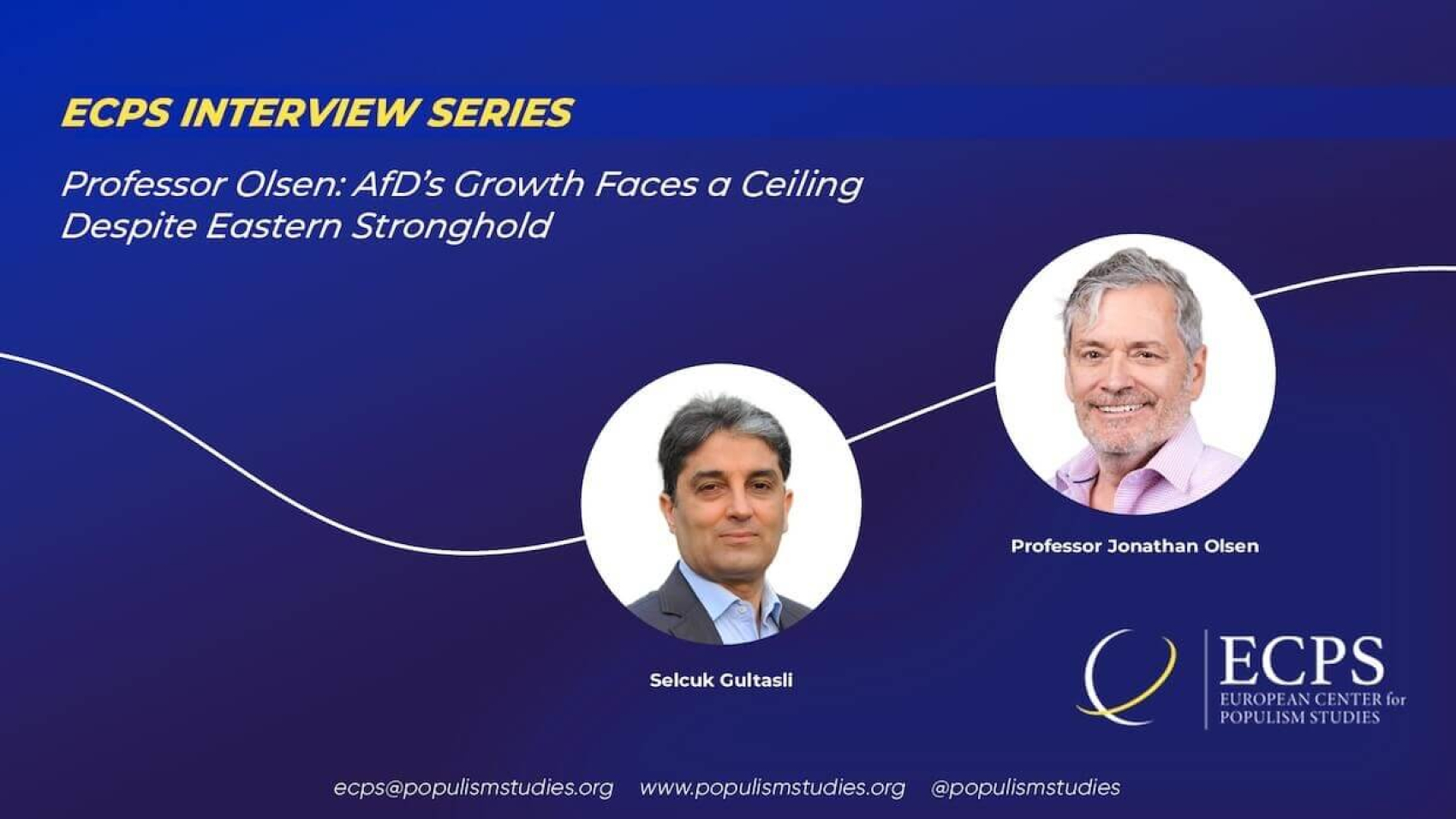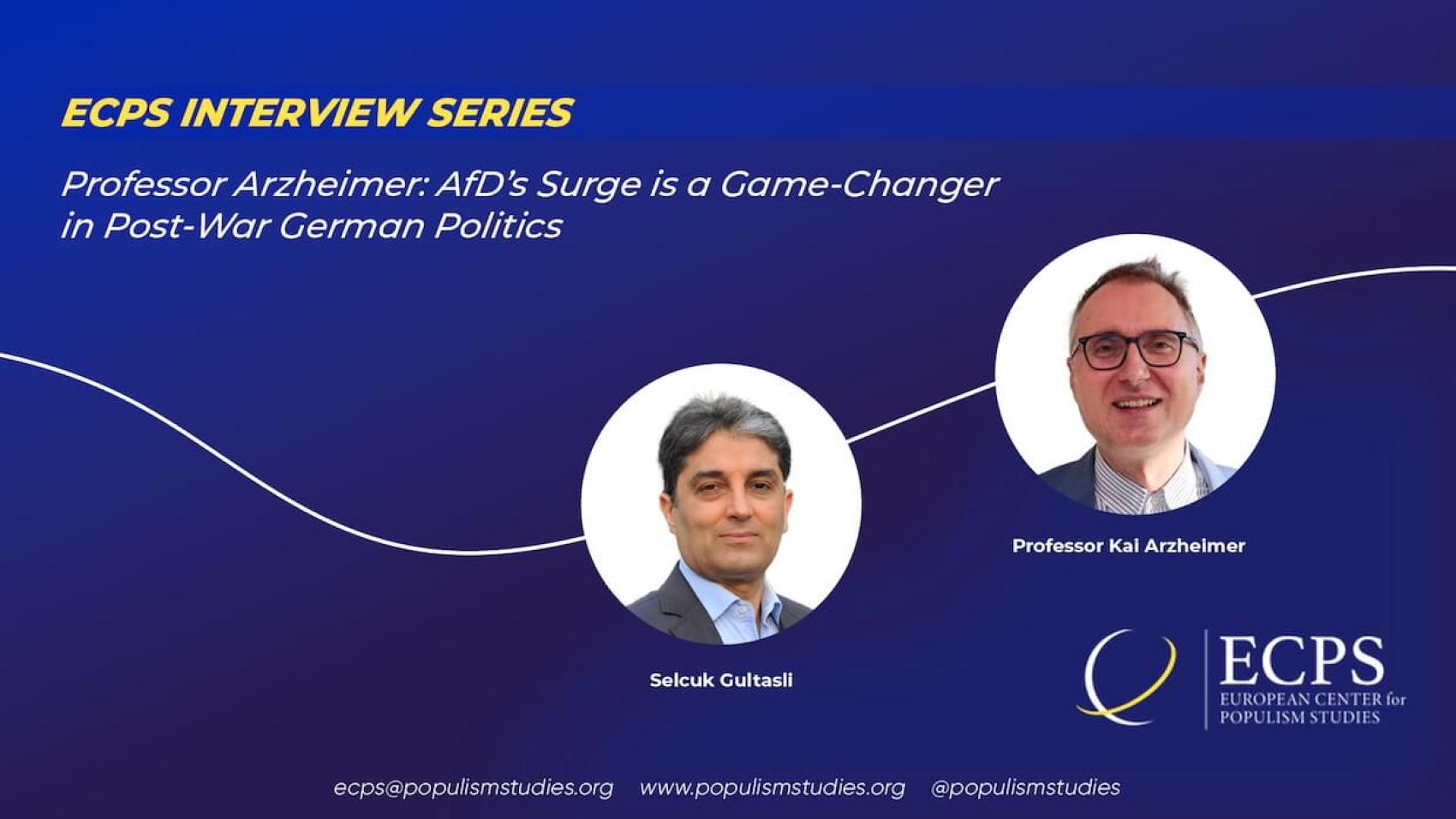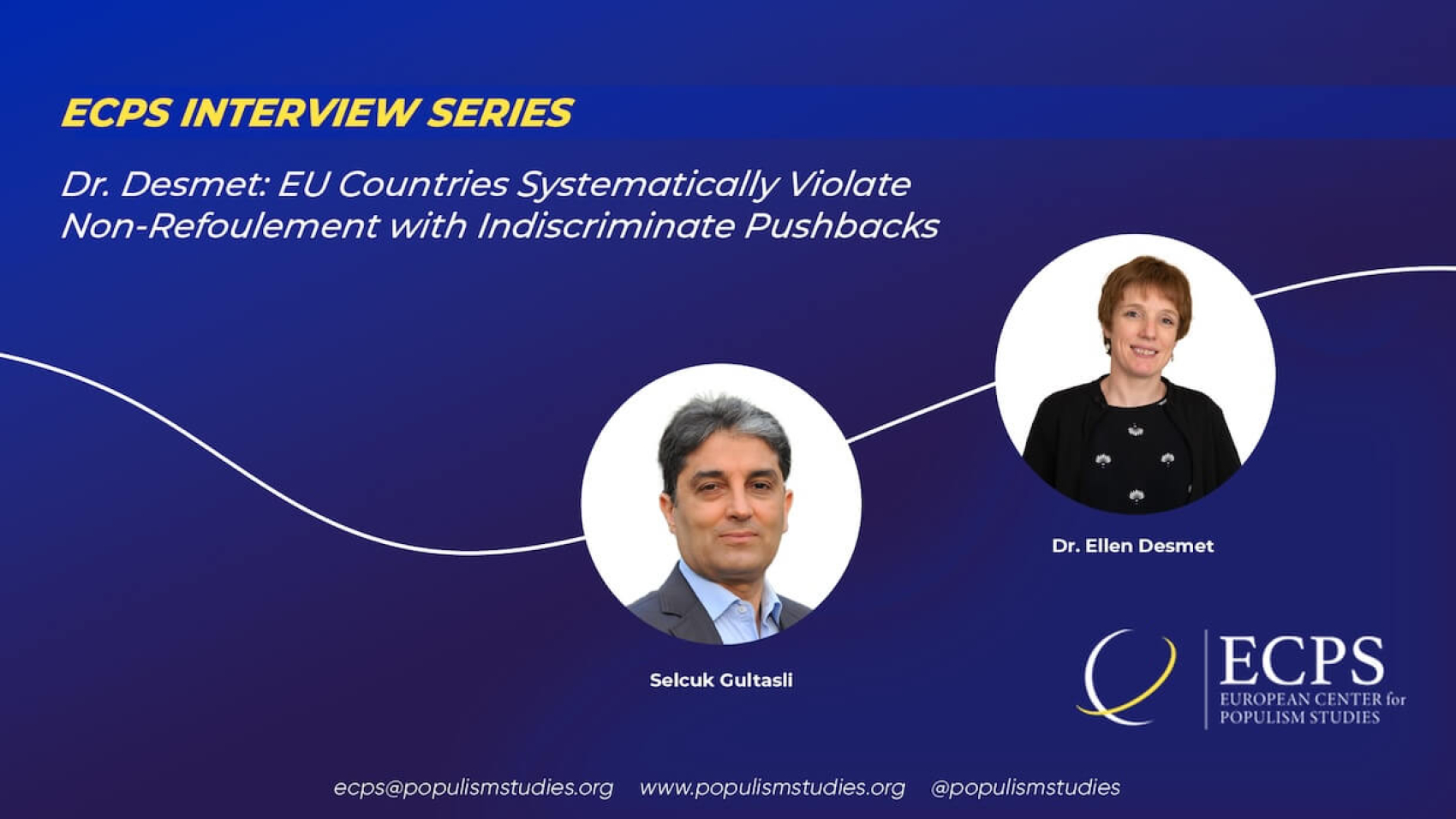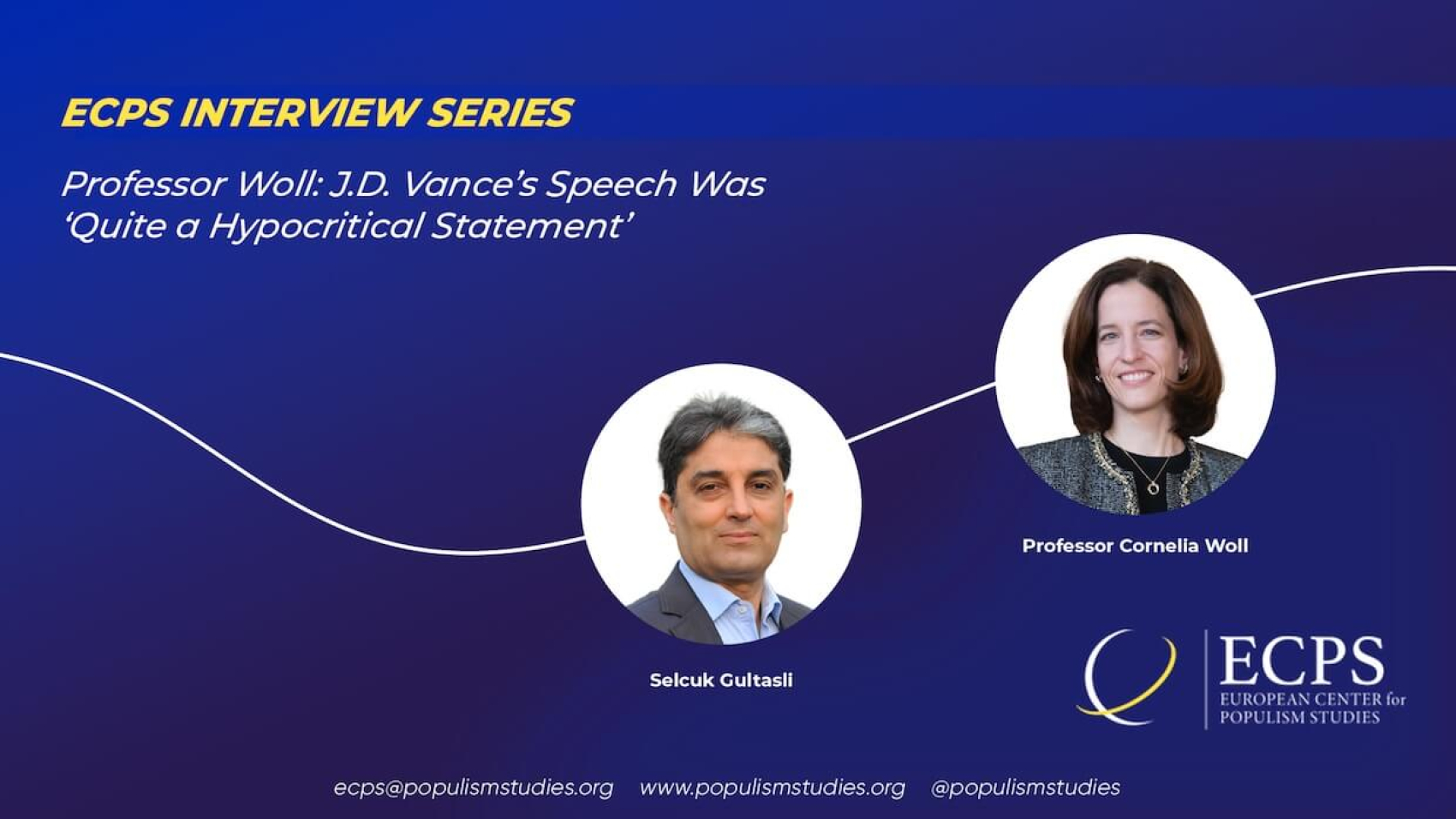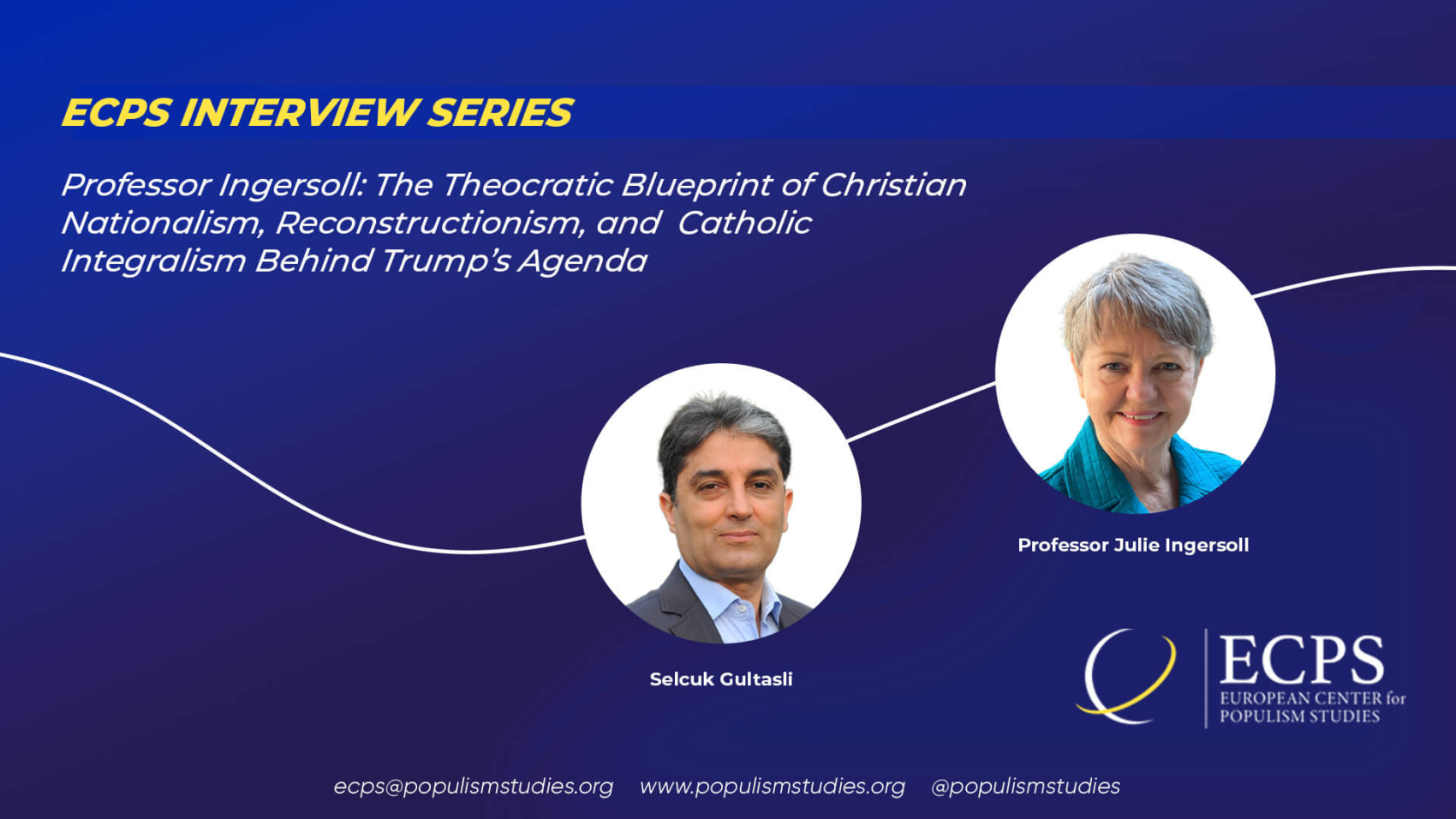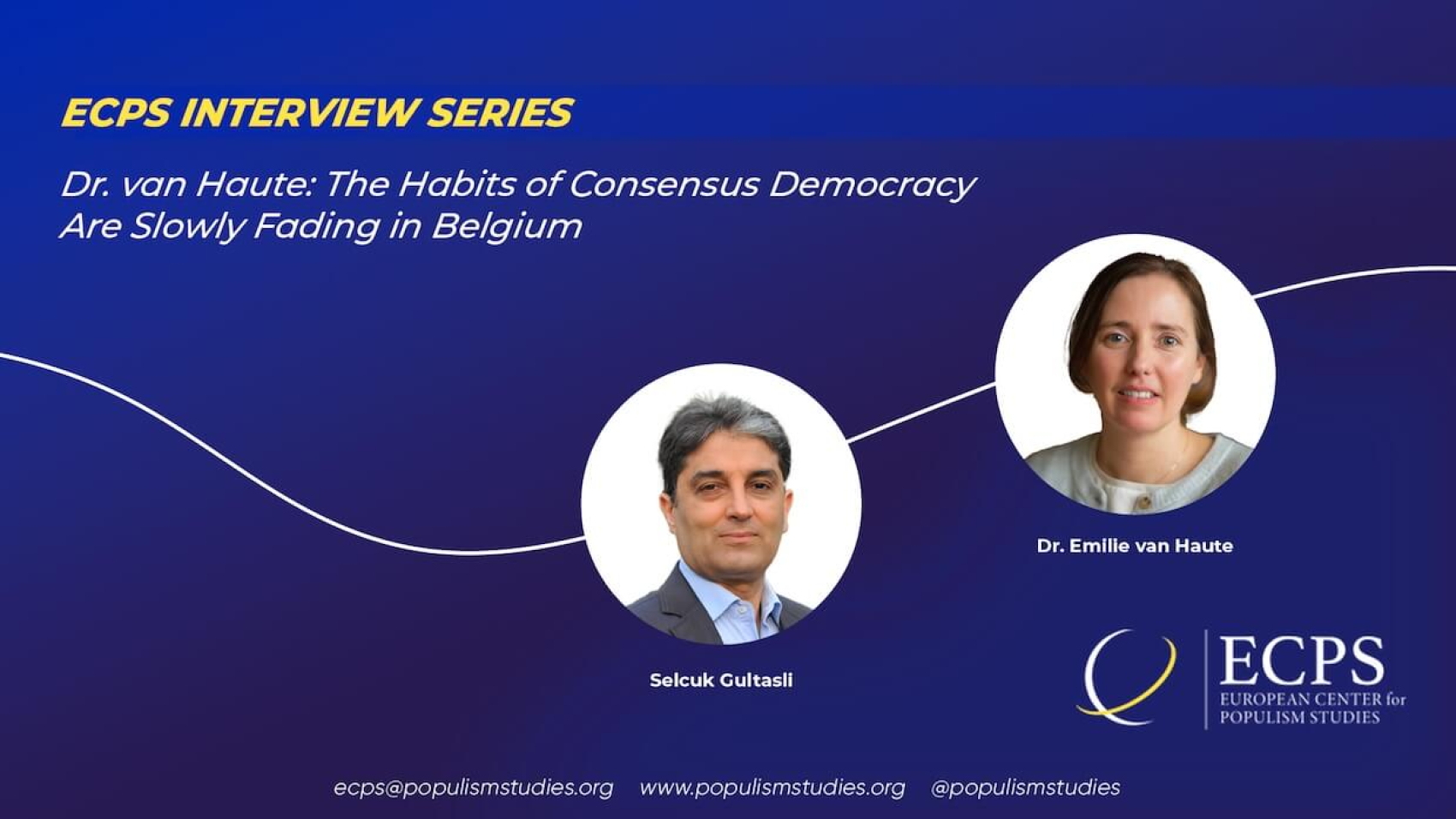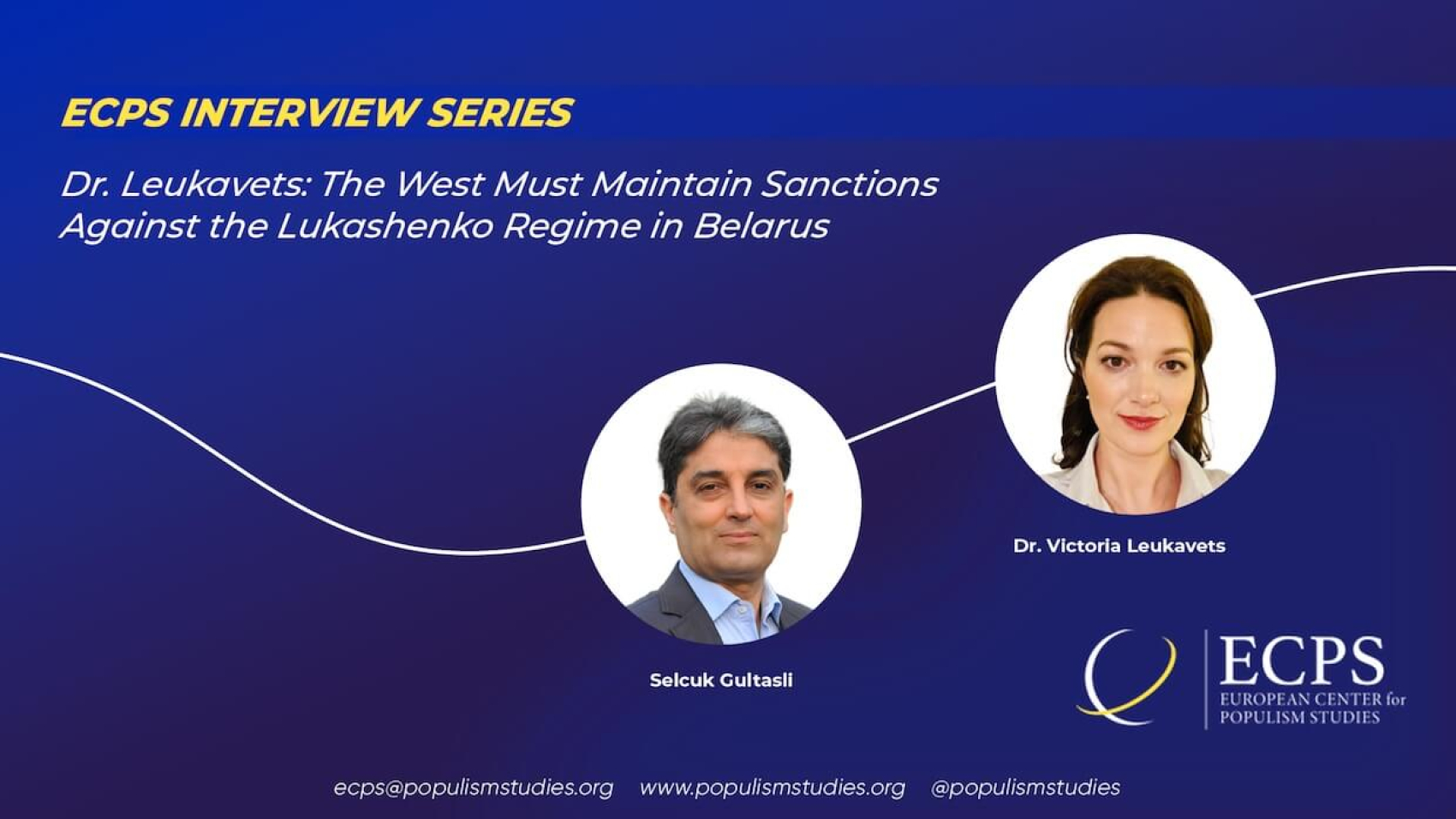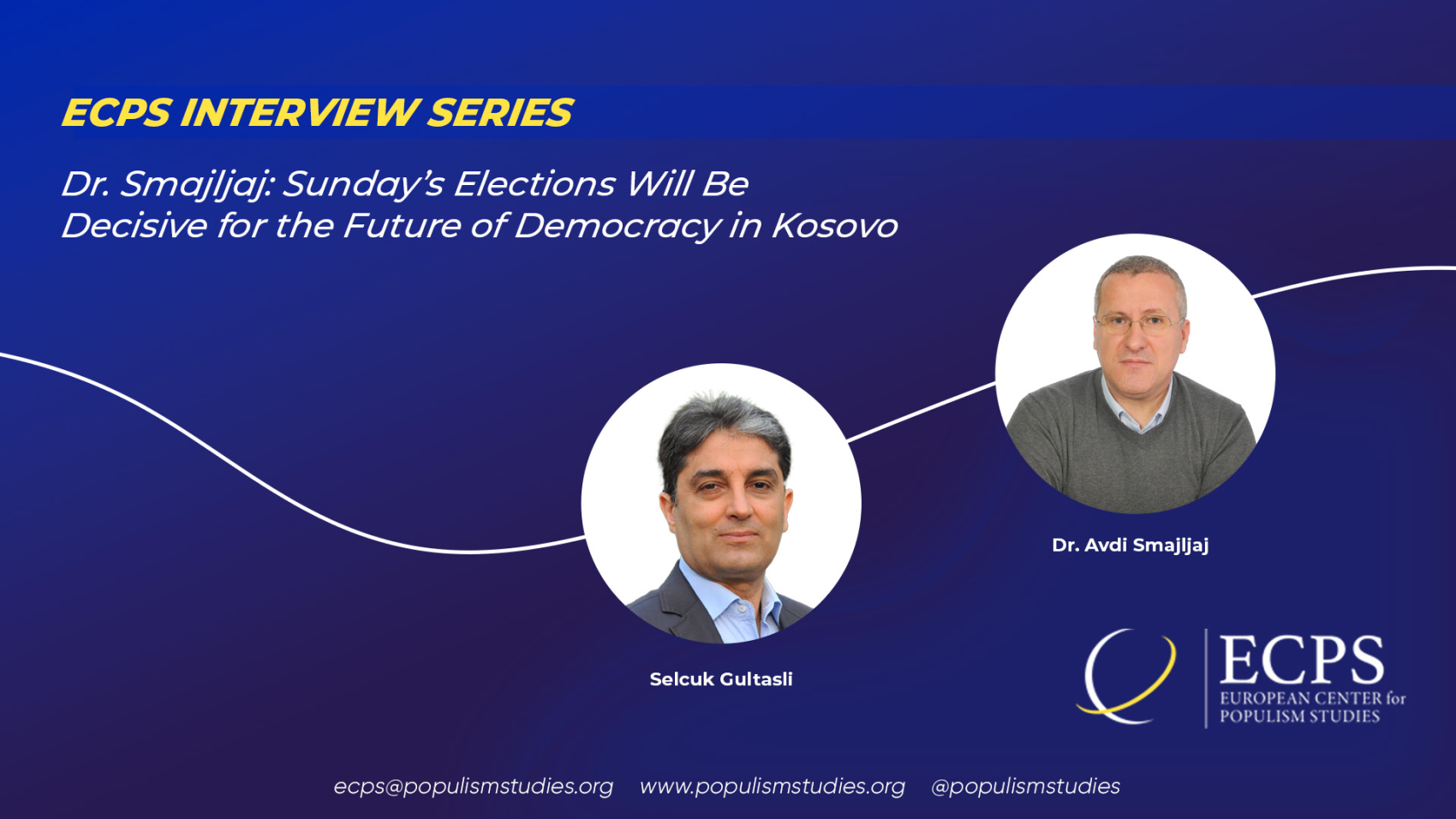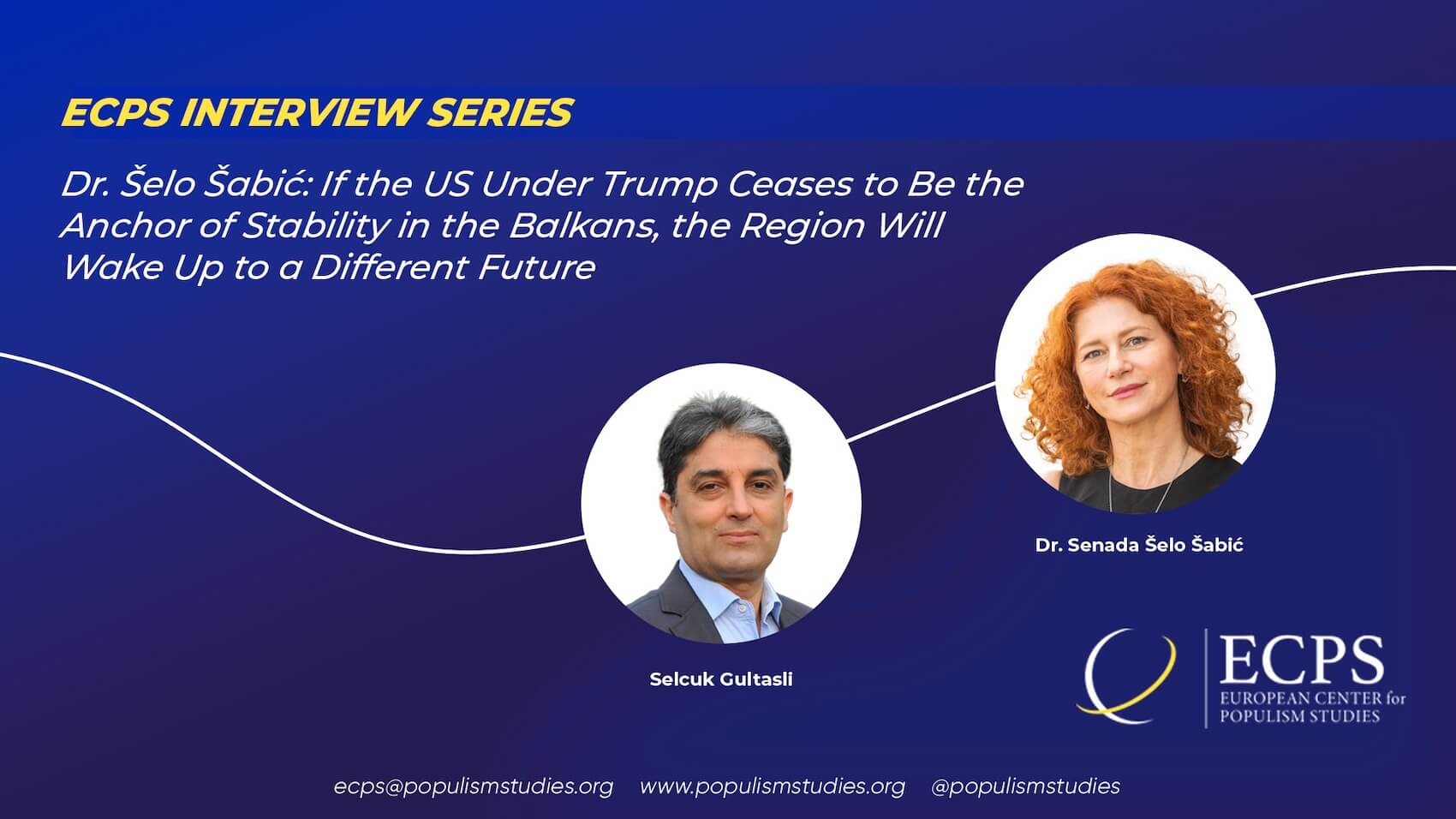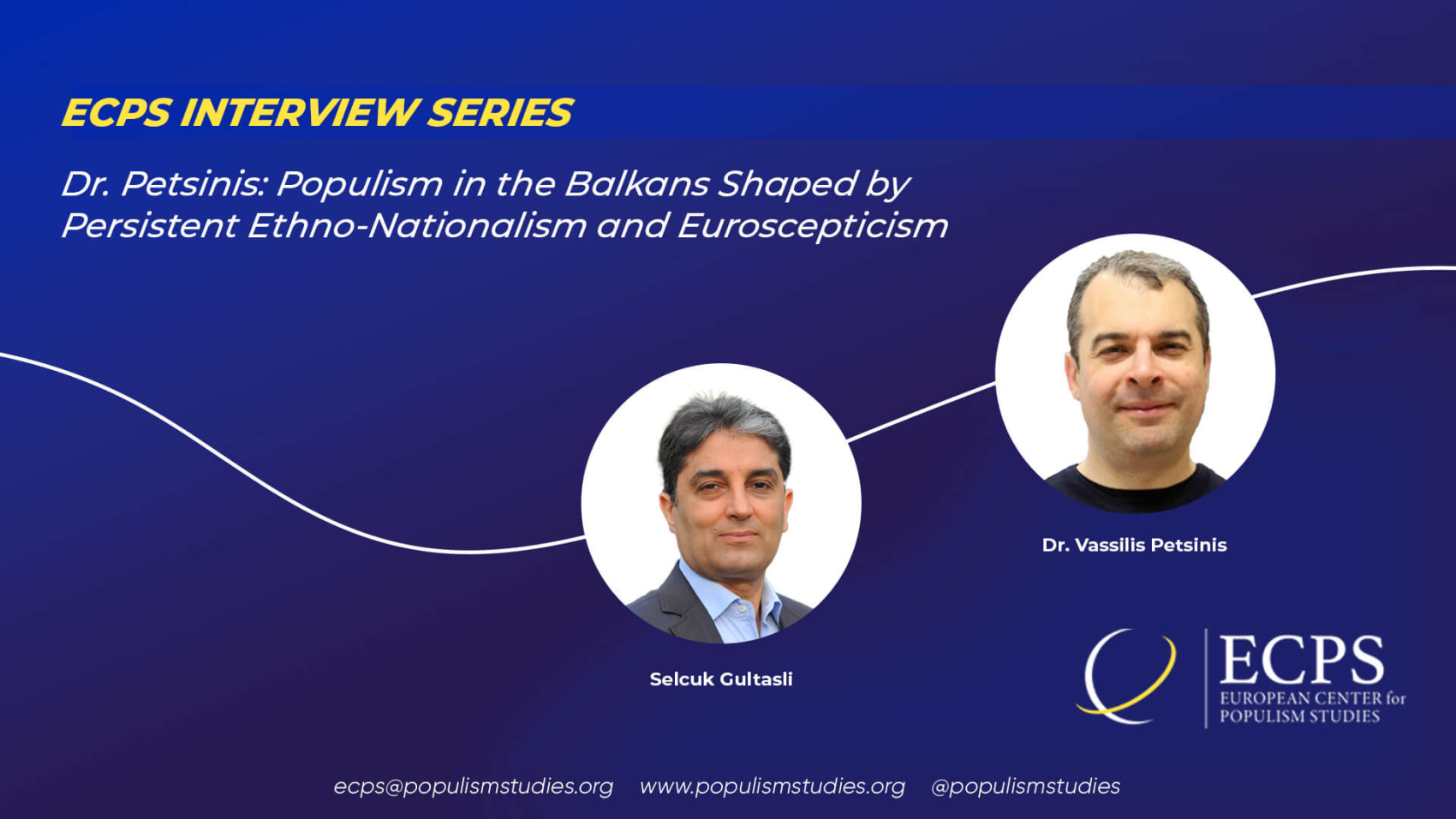Despite the AfD’s strong performance in Germany’s Sunday elections, securing nearly 21% of the vote and dominating in the East, Professor Jonathan Olsen argues that the party faces a ceiling in its growth. “Opinion polls consistently show that around 80% of Germans do not support the AfD,” he notes, emphasizing its high negative ratings. While the AfD has solidified its base in the East, its influence in the West remains limited, requiring a broader appeal to expand further. Professor Olsen highlights that migration and security remain the party’s key mobilization issues, while economic concerns, though present, rank lower in importance for its voters.
Interview by Selcuk Gultasli
In a comprehensive interview with the European Center for Populism Studies (ECPS), Professor Jonathan Olsen, Chair of the Department of Social Sciences and Historical Studies at Texas Woman’s University, offered his insights into the Alternative for Germany (AfD)’s recent electoral performance. While the party’s near 21% result in the 2025 German elections signals strong support—particularly in eastern Germany—Professor Olsen argues that its growth potential may be reaching a ceiling. “Opinion polls have consistently shown that around 80% of Germans do not support the party,” he noted. “The AfD has the highest negative ratings of any political party in Germany.”
Despite its success, Professor Olsen highlights that the AfD’s ability to broaden its voter base remains uncertain. “They remain the largest opposition party, securing nearly 21% of the vote and mid-30% in Eastern Germany. But moving forward, the key question will be: How do they expand beyond their current level of support?” He suggests that, while the AfD has solidified its position in the East, its influence in the West remains limited. “They receive about twice as much support in the East as in the West. If I were advising the AfD, I would recommend they focus on broadening their appeal in the West and refining their messaging to attract a wider voter base.”
One of the more striking aspects of the AfD’s campaign was its issue selection. Professor Olsen describes the party as a “populist issue entrepreneur,” effectively capitalizing on migration and domestic security as central themes. “I don’t see that the AfD mobilized any new issues except for the economy and the performance of the Ampel coalition (Ampelkoalition). Migration was by far the most important issue driving their vote, followed closely by domestic security,” he explained. Economic concerns ranked much lower in priority, though Professor Olsen points out that 75% of AfD voters expressed concerns about rising prices and future financial security.
Despite some international attention, Professor Olsen downplays the impact of endorsements from figures like Elon Musk and J.D. Vance on the AfD’s performance. “There was no discernible bump from Musk’s endorsement or from J.D. Vance’s and Trump’s implicit support. So, I think it had zero effect,” he stated.
Looking ahead, the AfD’s position within both Germany and the broader European far right remains complicated. While it seeks alliances with transnational populist movements, many European far-right parties still consider it too extreme. “Even Marine Le Pen’s National Rally and Giorgia Meloni’s Brothers of Italy have distanced themselves from the AfD,”Professor Olsen noted. As the party continues to grow in the East while struggling to expand in the West, its long-term trajectory remains a crucial question for German and European politics.

